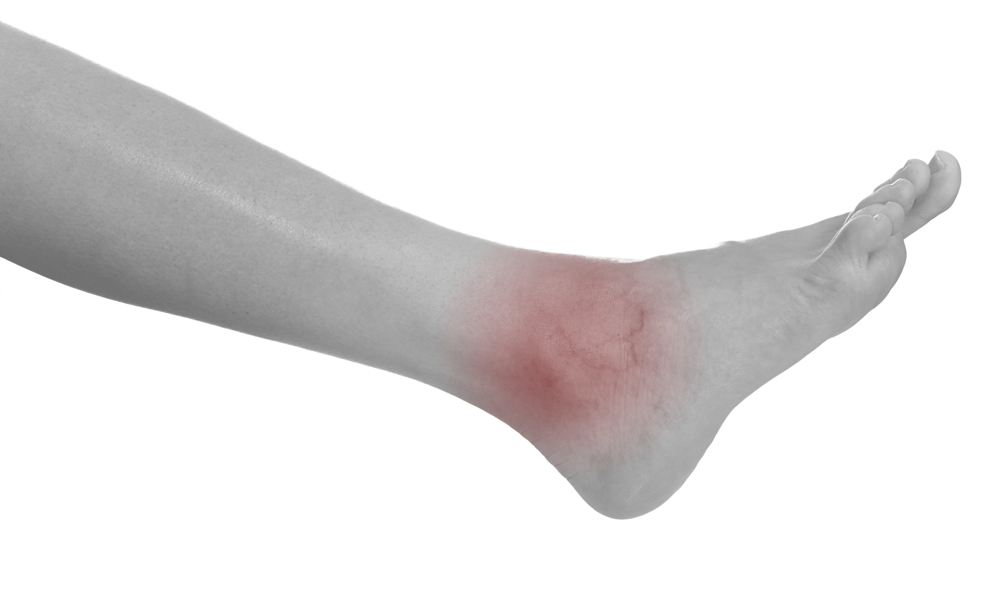The acronym R.I.C.E. (rest, ice, compression, and elevation) has been utilized for decades in the clinical and self management of acute injuries. Clinicians have updated RICE to PRICE adding in protection of the injured area, but this acronym needs further updating. In general, the 4 of the components of this self treatment approach have merit for injuries, but rest is being challenged in injury management. Immediate rest, 2-3 days, is required after a ligament, tendon, or muscle injury to facilitate the healing process, but newer research has highlighted the importance of exercise to facilitate an optimal recovery
A clinical commentary in the British Journal of Sports Medicine advocates for a new acronym in acute injury management, POLICE, which includes progressive optimal loading ice compression and elevation (Bleakley et al. 2011). Physical therapists are now utilizing progressive, optimal loading strategies due to research documenting accelerated recovery compared to an immobilization approach. For example, both ankle sprains and tendon injuries respond best to early mobility vs. prolonged rest. Progressive loading of injured tissues creates a beneficial cascade of events in the body through a process called mechanotransduction. Early exercise creates cellular changes in injured tissues allowing them to remodel into stronger, healthier tissues.
Authors state the difficulty in recovering from injury is finding the balance between rest and exercise. Many factors including, but not limited to, the patient, injured tissue, time since injury, severity and irritability of the injury play important roles in this decision making. In many cases, moving from rest into incremental exercise accelerates the recovery process and optimizes a patient’s return to activity. Patient’s are encouraged to work with their local Physical Therapist to determine which progressive, optimal loading interventions are best for their specific injury.
Click Here to schedule your next visit with the experts at MEND

